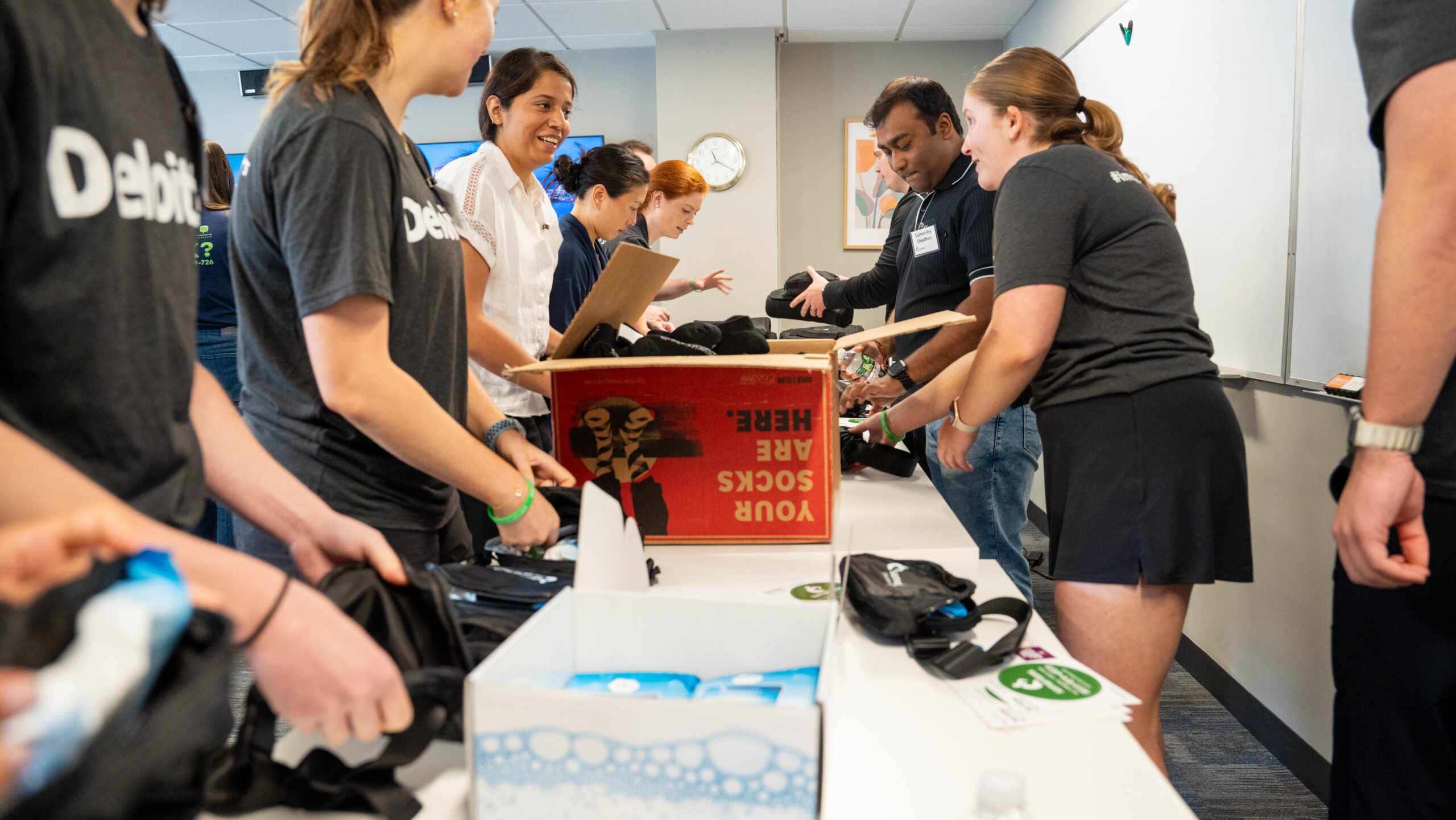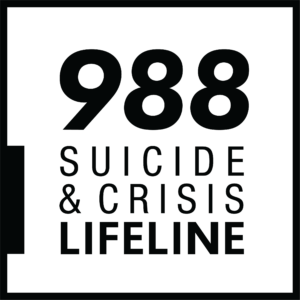People living with diabetes are often in the shadows. Taking care of our physical health is extremely important – making sure to maintain tight blood sugar control, managing hba1c levels (a blood test that tells you your average blood sugar), and doing our best to prevent complications. One’s mental health is often pushed away and is neglected until it reaches a breaking point.
People with diabetes are constantly bombarded with the need to count, measure, dose, bolus, prick and poke to try and attain “perfect” control, which can wreak havoc on one’s mental health. Our management and struggle is largely invisible, and the stigma around having diabetes encourages some people to never reach out for the help that they need.
Studies show that people with diabetes are 2 to 3 times more likely to suffer from depression compared to people who don’t have diabetes, and only between 25%-50% of those with diabetes who have depression are ever diagnosed and treated. People with type 1 diabetes are twice as likely to develop Major Depressive Disorder than the general population.
In fact, a Finnish study from Helsinki University Hospital of nearly 435,000 adults with either type 1 or type 2 diabetes showed that they had a significantly higher risk of overall mortality due to suicide than people without the disease. People living with diabetes are nearly twice as likely to die by suicide compared to those who are not.
The comorbidity of diabetes and depression is a toxic combination. Coexisting depression in people with diabetes is associated with higher rates of diabetic complications, higher hba1cs, lower adherence to insulin therapy such as skipping doses, a lower quality of life, higher healthcare costs, and a higher risk of death. Additionally, diabetes can trigger depression, and depression can make diabetes management worse, creating a vicious cycle.
If you or a loved one needs help:
- Talk with your endocrinologist or health care provider if you’re experiencing any symptoms of Major Depressive Disorder or are feeling down;
- Reach out to family and friends and tell them how you’re feeling;
- Stay on top of your diabetes management as much as possible; and/or
- Try out therapy – individual or group support is an excellent way to cope.
Life with diabetes and depression is hard, but getting the help you need early on is key to successful treatment, and to living a long and healthy life. Diabetes and depression can be extremely tough but know that you are not out of options and you are never, ever alone.
Need to talk? Call Samaritans’ 24/7 Helpline at (877) 870-4673.
About the Author
 Christine Fallabel is a staff writer at Diabetes Daily. She has been living with type 1 diabetes since 2000. She works in public policy, helping people with diabetes have better access to health insurance, affordable medication, and to fight disability-discrimination in the work and school environments. Previously, she held positions with Colorado Medicaid as their Public Health Liaison, the Colorado State Health Department as their Chronic Disease Specialist, and was a social worker in Philadelphia. She earned her Bachelor’s Degree from The University of Delaware and her Master of Public Health from Temple University.
Christine Fallabel is a staff writer at Diabetes Daily. She has been living with type 1 diabetes since 2000. She works in public policy, helping people with diabetes have better access to health insurance, affordable medication, and to fight disability-discrimination in the work and school environments. Previously, she held positions with Colorado Medicaid as their Public Health Liaison, the Colorado State Health Department as their Chronic Disease Specialist, and was a social worker in Philadelphia. She earned her Bachelor’s Degree from The University of Delaware and her Master of Public Health from Temple University.









